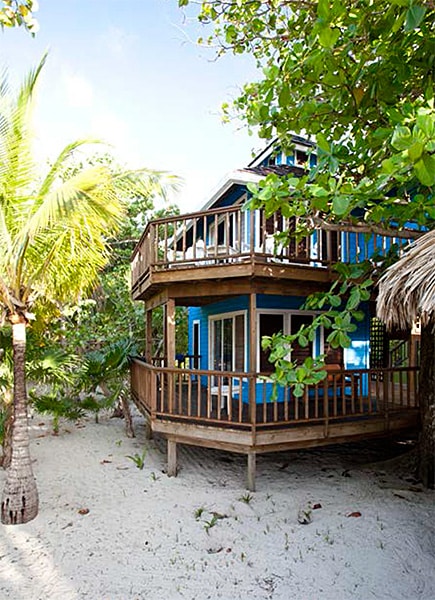Why Move To Roatan?
One of the world's largest barrier reefs could live right in your neighborhood. You know what else lives around Roatan? Connections. A nurse from Ohio. An architect from Canada. Transplants sprinkle themselves into the Latin and Caribbean culture because they don't want to change the charms that drew them here — even a dusty, bumpy road can be charming.
Visitors sometimes wonder why ex-pats go to bed early on Roatan. It's because they look forward to waking up in the morning. They can start a day by swimming to the reef and showering outside. There are adults on the island who don't have TVs, and kids who don't have PlayStations. Their entertainment comes from snorkeling gear, tire swings and mango trees.
One woman we know has a wardrobe that is a week's worth of bikinis and four sarongs. Shoes? Save those for trips to the bank or grocery store.
One ex-pat who moved to Roatan before the first road was paved (it's still one of the only paved roads) says in the early 1990s, "We had to travel with two spare tires and provisions, including rum, in case of a breakdown." The side roads are still rough, doing the favor of slowing you down. And there are reminders that you aren't in Seattle anymore, like when vendors go through neighborhoods selling tortillas and brooms.
Don't believe the negative hype about Honduras. Expats like to say they're 30 miles away in the friendliest place they've ever known. So when people have conversations in the middle of the road, be patient. There's dust. There are roosters. Mail from home can take forever. Even with expats, Roatan is still Roatan. And that's why they're there.
Get started planning your move now. Visit Roatanlife.com.
See the gallery...Best Islands to Live On: Roatan
